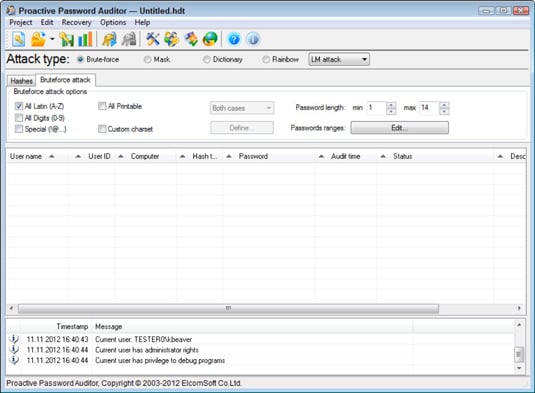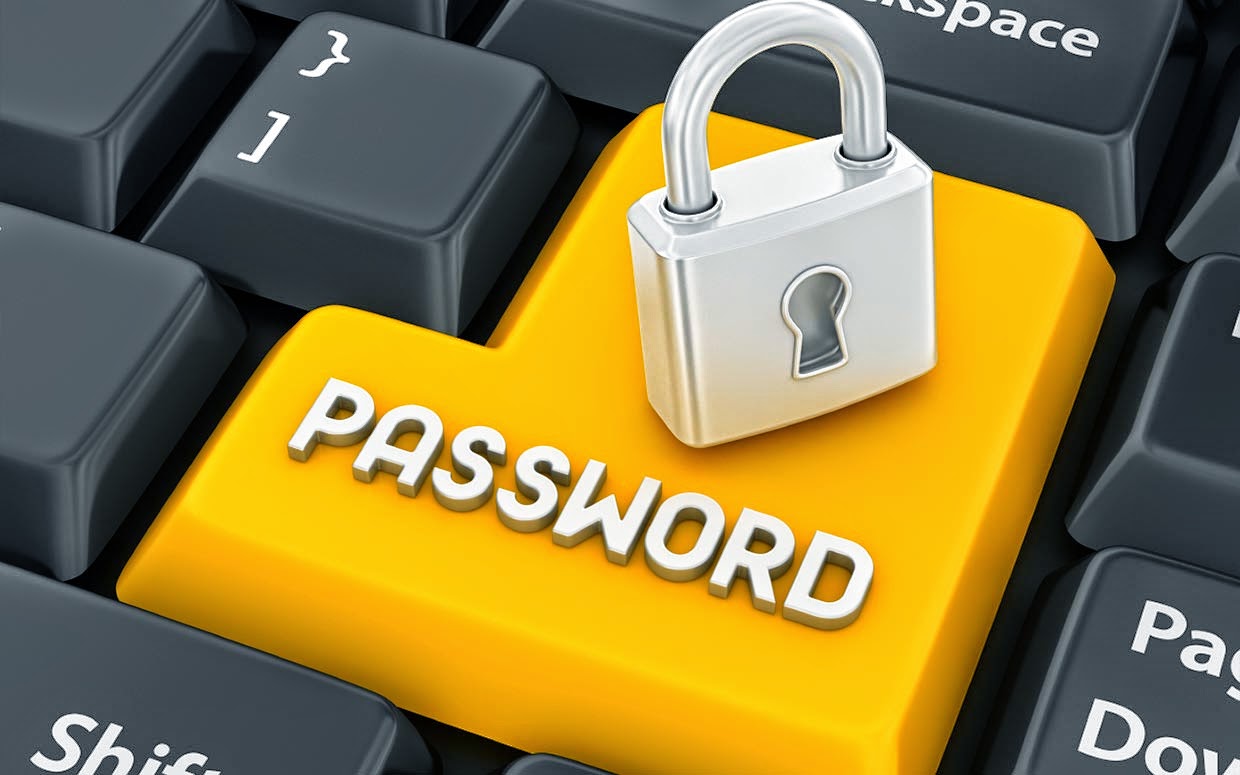
- #Dictionary attack any password cracked
- #Dictionary attack any password cracker
- #Dictionary attack any password verification
- #Dictionary attack any password password
- #Dictionary attack any password crack
This would take an average of 2,729,251 seconds, or just over a month, to break on a single computer.
#Dictionary attack any password password
For a typical password of 8 characters drawn from the set a-zA-Z0-9, we have c = 62 and n = 8.
#Dictionary attack any password cracker
The cracker is modular and allows precompiled hash algorithms or ”crack threads” (guess generation and test logic) to be added with no modification to the existing application binaries, in order to add support for new algorithms or make use of hardware acceleration.Įven at a 40 million hashes per second - possible for MD5 on a moderately fast multicore system using - performing a brute force attack on a decent password is extremely time consuming. This paper presents a distributed hash cracking system capable of running on all major platforms, using nVidia GPU acceleration where available.

Hopefully we agree on this as well? Always nice to have consistent ideologies. And the attacks don't really bother trying.
#Dictionary attack any password crack
But if your character set is even a few hundred words (most will probably be thousands) it's just not feasible to crack a password made up of even 4 or 5 dictionary words. For some people it's easier to remember a long quote and it's just as secure as, say, weUh.Ī lot of dictionary attacks do look for messed up words though like h1dd3n. That said you can make that a massively more secure password simply by doing:īecause you more than double (4-5x off the top of my head) the character set.īut dictionary words aren't really harmful. Dictionary attacks simply do not target passwords that long. Most dictionary attacks go after passwords like "dog1." But I think you could be absolutely just as secure using dictionary words, even all lower case.īut using words is harmless. General safe practices always include this: lower, upper, symbol, numbers.

I do agree that the best way to keep a password secure is to increase the character set and length. My friends say being involved with a cybersec profession has made me cynical, not sure what gives them that idea. Sorry for anyone using ERT_dfdlk$111!!dkfjmypassworD09484 as a password Honestly what good is ERT_dfdlk$111!!dkfjmypassworD09484 if it exists in word lists and the hash in rainbow tables? Heh but in an era where gpu clustering is common place, rainbow tables exist in the cloud, and you can rent enterprise clusters for $2 an hour and try over 4 billion combinations a second (As of 2011)…I feel its justified. I wonder how many angry emails I would get. I would alert the member that the passphrase is a match to a known public password list and not allow the user to enter said passphrase. If I was in charge of a website that required members to set up passwords passphrases I would have my own database or tie into an existing one that keep track of all known breached password lists.
#Dictionary attack any password cracked
I wonder how many additional passwords they would have cracked if they applied basic human behavior methods into a rule set, such as adding a 1 or 2 before or after each word To recover long passwords consisting of several words, consider using a phrase attack or combined dictionary attack.I always die a little on the inside everytime a database is breached and the common passwords are qwert1234, 098765, password, administrator, etc.
#Dictionary attack any password verification
You can set up to three mutation rules: Weak - less number of mutations and, in its turn, greater verification speed Strong - for the greater number of mutations, to the prejudice of the speed, and the happy medium, Default option.ĭictionary attack fits perfectly for short and common passwords. The last group of options manages mutations for each password to be verified. The second ' Exclude' filter is totally opposite. If you have set at least one character in the first ' Include' filter, all passwords that do not contain that character will be ignored (skipped) by the program. To crop unnecessary passwords, you can use two simple filters. Or you can use our online dictionaries as an alternative.

For the complete list of dictionaries, check out our wordlist collection, please. The program comes with a short English wordlist. If the dictionary was created with a DOS program, the option ' Dictionary file in DOS encoding' must be selected when adding this dictionary to the list. In the first group of options, you must set at least one dictionary for the attack. Generally, dictionary attacks succeed because many people have a tendency to choose passwords which are short, single words in a dictionary, or are simple variations that are easy to predict.Īll dictionary attack options are conditionally split into three groups: In contrast with a brute-force attack, where all possibilities are searched through exhaustively, a dictionary attack only tries possibilities which are most likely to succeed, typically derived from a wordlist or a dictionary.


 0 kommentar(er)
0 kommentar(er)
